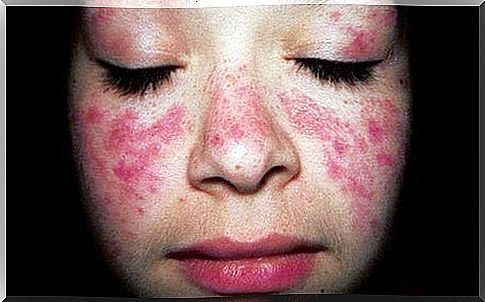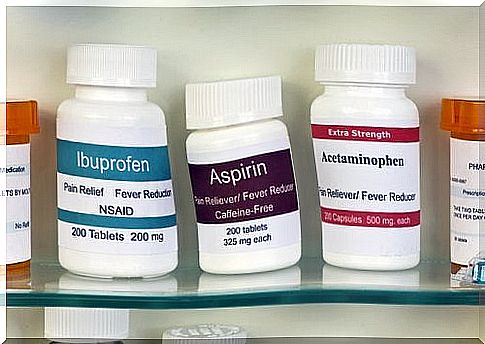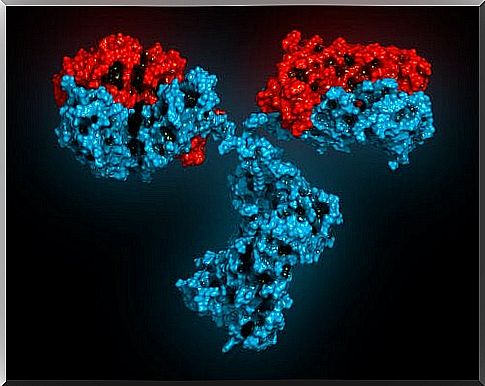Treatment Of Lupus Erythematosus (SLE)

Treatment of lupus erythematosus is symptomatic. Because of this, there is no definitive etiological treatment that can cure this disease. However, there are many treatments that focus on relieving the symptoms.
No matter what, physicians need to tailor treatment to each patient’s specific situation. In addition, the patient must approve it, while taking into account all the benefits and risks.
Today we take a look at this process.
Treatment of lupus
Let us first look at the most common treatment for systemic lupus erythematosus:
- Non-steroidal anti-inflammatory drugs (NSAIDs)
- Glucocorticoids
- Malaria remedies
- Immunosuppressants
- Biological therapies
NSAID

NSAIDs, such as ibuprofen or paracetamol, are the preferred drugs for the symptomatic treatment of musculoskeletal manifestations. They are usually recommended for limited periods to reduce the risk of side effects when taken.
When prescribing these drugs, keep in mind the negative side effects they may have on the digestive, kidney and cardiovascular systems. You should avoid using them if you already have or develop a kidney disease.
Also read:
Glucocorticoids for the treatment of lupus
This group of drugs has formed the basis of treatment for SLE due to its anti-inflammatory and immunosuppressive properties. Thus, it remains the most important and effective treatment when it comes to the acute stages of this disease.
Unfortunately, you can not take these drugs for a long time. This is because they can become toxic and can cause a negative effect, including other disorders:
- Osteoporosis
- Cushing’s syndrome
- Diabetes
- An increase in the risk of infections
- Cataracts
In these cases, doctors recommend taking a dose less than or equal to 5 mg / day of prednisone (or equivalent) and stopping treatment as soon as possible.
Despite its high toxicity, almost all the complications resulting from this disease can be treated with adrenocortical hormone.
Malaria remedies
Chloroquine stands out among this group, especially hydroxychlorquine. Overall, they are the preferred drugs for most patients with SLE. In addition, they are the only drugs specifically indicated for SLE (until the approval of belimumab, which we will talk about later).
These drugs are mainly useful in combating:
- Arthritis
- Fatigue
- Some skin damage
- Pericarditis (inflammation of the pericardium)
- General symptoms
Patients often tolerate antimalarials well, and their main drawback is the possibility of retinal toxicity. Because of this , doctors recommend that patients have regular examinations by an ophthalmologist.
In addition, doctors may even prescribe these drugs during the gestation period because they help regulate cholesterol levels. In addition, they have a beneficial anti-aggregative effect for these patients.
Immunosuppressants
Lupus treatment with immunosuppressive agents is reserved for patients who do not respond properly to treatment with antimalarial and glucocorticoid.
Overall, the most commonly used immunosuppressive agents to combat this disease are:
- Cyclophosphamide
- Mycophenolate mofetil
- Azathioprine
- Methotrexate
Also read:
Biological therapy

This type of therapy is fairly new, so many clinical trials are still studying it. This therapy uses biological drugs or monoclonal antibodies. The most common types are Belimumab and Rituximab.
Belimumab is the first biological medicine approved for the treatment of systemic lupus erythematosus. However, it is not the only one.
If the symptoms do not improve after 6 months for patients using this treatment, they should consider discontinuing treatment. Both of these drugs are currently being tested.
To learn more about this disease, see our article dedicated to it:









